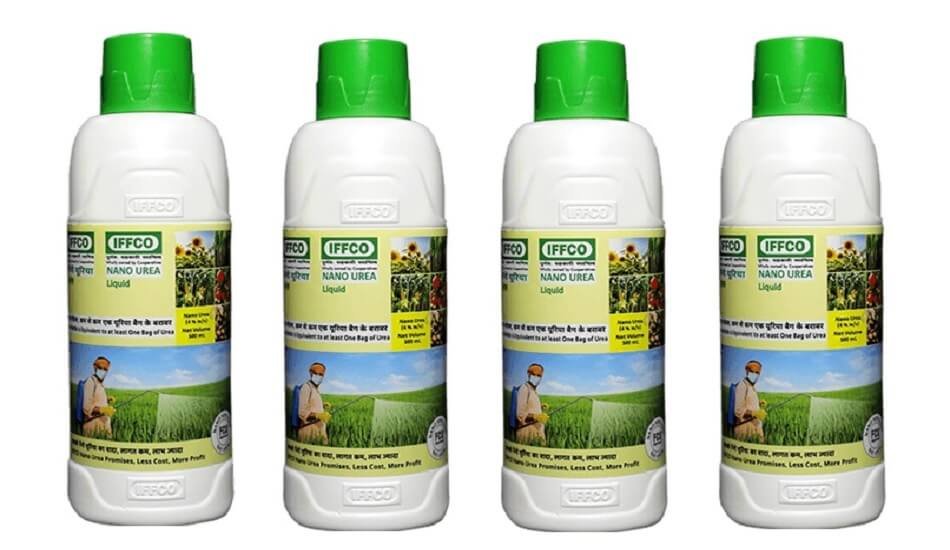Nano-DAP is likely to get a temporary clearance for one year
The official approval of the much-talked-about nano-DAP is expected in the next one to two days. The Indian Council of Agricultural Research (ICAR) has suggested that it be released temporarily for one year. Fertilizer Minister Mansukh Mandaviya said on Thursday that bio-safety and toxicity tests showed that nano-DAP is safe and that the final approval will come soon.
Official sources say that both IFFCO and Coromandel International have asked for nano-DAP to be approved. Both will be approved, as ICAR has said that approval could be given for a year. But it is not clear if the government will let farmers use nano-DAP commercially in the field or if it will only be used for seeds.
Related Agri News | India’s first nano urea plant in Bangalore with investment of ₹350 cr – IFFCO
The minister promised that nano-DAP (di-ammonium phosphate) will be better than regular DAP, just like nano urea was better than regular urea. He thanked the scientists for coming up with these new ideas for farming and asked the farmers to use these new fertilisers and technologies.
He talked to farmers and retailers online and suggested that the Pradhan Mantri Kisan Samruddhi Kendras (PMKSK) set up teleconference facilities so that farmers could talk to agriculture scientists from the kiosk itself if they had any farming problems.
US Awasthi, the managing director of IFFCO, recently said at an event that nano-DAP will be sold for ₹600 per 500 ml bottle in the next kharif season. This is the same price as a regular 50 kg bag of DAP, which is sold for ₹1,350 per bag right now (with subsidy).
Mandaviya talked to four farmers and two owners of PMKSKs from different states to find out if different fertilisers, such as nano-urea, were available and if farmers could get other advice at these centres.
The Centre has told fertiliser companies that all of their retail shops, which are estimated to number 2.7 lakh, must be called PMKSKs and meet official design and space requirements at their own expense. Mandaviya said that there are already about 9,000 of these kiosks ready to go. According to the government’s plan, these PMKSKs will have to provide agri-inputs like fertilisers, seeds, pesticides, and farming tools. They will also have to offer soil testing services and work to raise farmers’ awareness of government programmes.
When Prime Minister Narendra Modi started the PMKSK in October, he opened 600 of these centres virtually at the same time. Mandaviya thinks that more than one million PMKSKs will be ready by the end of the current fiscal year.
Related Agri News | IFFCO first to benefit from Sri Lanka’s Organic policy to import fertilizer
During the meeting, Mandaviya asked the farmers to use new technologies, such as nano-urea, so that they would use less traditional urea. Also, instead of just using urea and DAP, different types of nutrients that are now available on the market can be used based on what the soil needs.
He talked about the benefits of using nano urea and said that this new product is cheaper than regular urea, even without a government subsidy, and that he has been using it on his own farm. He said that the Centre gives farmers a subsidy of ₹2,000 per bag (45 kg) of conventional urea so that they can buy this nutrient at a fair price.


















Add Comment